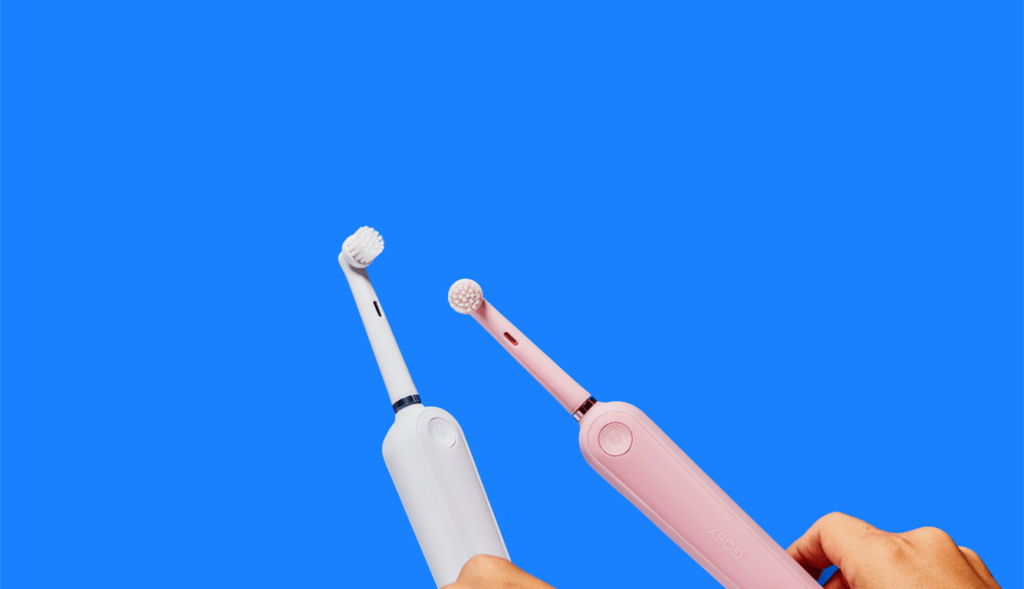Tips on how to take care of your oral hygiene in college
4 min read
Electric toothbrushes help to ensure a deep cleaning. Goby / Unsplash.com
by HEATHER FULLER
Staff Writer
Taking care of one’s teeth sometimes takes a backseat as students enter into one of life’s biggest transitions—starting college. As a pre-dental student, I understand that, while the beginning of college offers opportunities to explore new avenues, starting college is busy and stressful. It can be easy to neglect good habits and adopt bad oral hygiene habits. While the risks may not be evident from the beginning, inattention to proper oral health can lead to consequences in the long run.
However, all hope is not lost. Here are six tips from a pre-dental student to help you stay diligent and get back into your oral hygiene routine!
Tip 1: Brush your teeth with an electric toothbrush two times for two minutes daily. Electric toothbrushes have been shown to be more effective than using a manual toothbrush. Electric toothbrushes also have an oscillating motion that efficiently cleans the gum line. Most of the electric toothbrushes available for purchase today even include a timer to help guide you when brushing your teeth. If you find yourself struggling to meet the two-minute time minimum, try to ensure you brush before going to bed. A good electric toothbrush brand is Philips, which can be found in Target, Best Buy, Kohls and Giant. These toothbrushes start at $25. To make this time seem faster, set a timer for two minutes and scroll through social media or answer your Snapchats!
Tip 2: Visit your dentist at least twice a year if possible. A recent study done by Concorde Institute revealed that 33 percent of adults in the United States have not visited the dentist in the last year. In order to maintain good oral health, these regular visits can be a big help in preventing cavities or future problems.
Tip 3: Floss your teeth daily! Flossing helps to remove food particles caught between the teeth and below the gum line that standard brushing can’t reach. If not removed, these food particles can become a breeding ground for bacteria and are a potential cause of gum disease. Likewise, when you brush your teeth, you need to use floss to ensure you get a thorough cleansing. It’s understandable that some busy students may have trouble incorporating flossing into their daily routine. One thing you could do is time yourself to see how long flossing actually takes. It takes most people roughly one or two minutes, and there are 1,440 minutes in a day. When you think of it that way, it might not seem so time-consuming.
Tip 4: Pay attention to your dietary habits. While easy-to-grab, sugary and salty snacks may seem appealing, it is important to consume these items in moderation. Sugar is a primary carbohydrate that helps increase disease-causing bacteria in the mouth. One way to help minimize the risk for tooth decay is to rinse your mouth with water after you consume sugary items, such as juice or pop, until you are able to brush your teeth.
Tip 5: Avoid oral piercings. While having embellishments on the lips, tongue, gums or even through the teeth may be appealing, they can cause future oral problems. Not only are these devices a harbor for bacteria, but they also can cause increased enamel wear and a condition called gum recession where the gum tissue starts to shrink, exposing soft tooth enamel that is prime for caries. Oral piercings can also cause teeth to chip. I had a patient who had a tongue piercing for over ten years, which caused damage to their teeth. Their tooth structure had worn down and formed a ball impression from the wear of the tongue ring coming into contact with the teeth.
Tip 6: Practice safe sex! You may not have been expecting sex to come up in a discussion about maintaining oral health in college, but here it is. Unprotected oral sex could expose you to viral infections that can cause oral problems—including cancer. Certain sexual behaviors can increase the risk of contracting the human papillomavirus (HPV) that could lead to an increased risk of developing oral cancer. Genital herpes can also develop in the mouth and, while it can be treated, it is with you for life.
You only have one set of teeth, and it is important to develop healthy oral practices to ensure you take care of them. Keeping up to date with your oral hygiene while in college is extremely important, especially since this is a time when most students are living on their own for the first time. Take care of your teeth, brush them, floss them and you, in turn, will be rewarded with better overall health.











